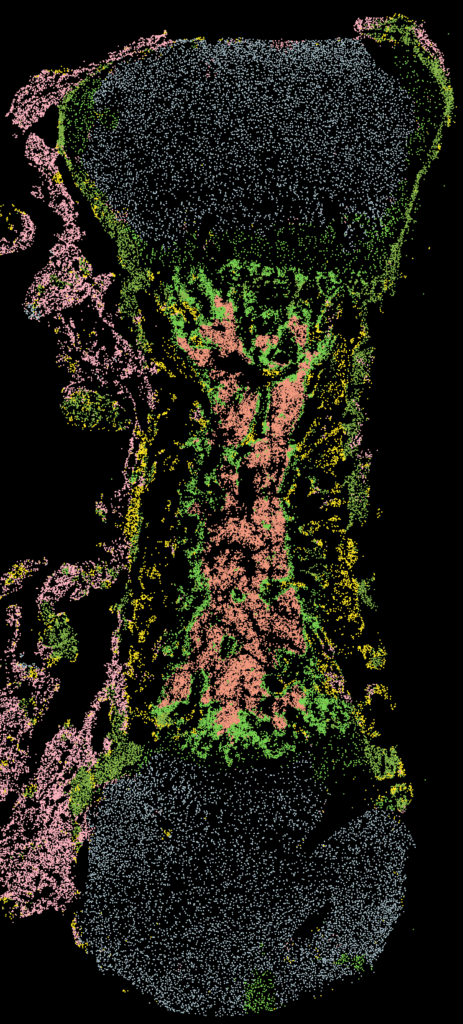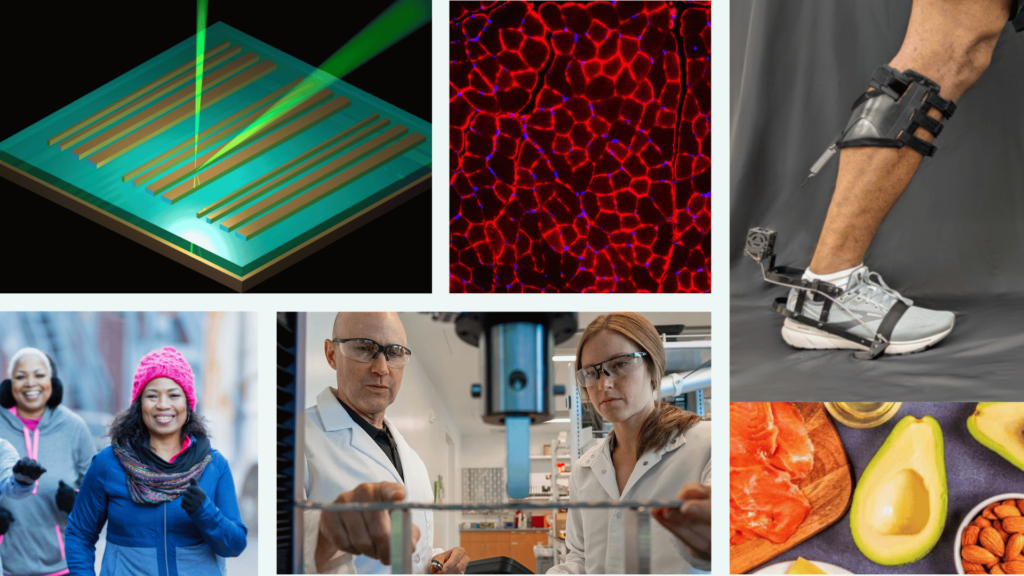Discovering clues to chronic muscle degeneration after rotator cuff tear
Collaborators
Rotator cuff tears can lead to long-term muscle degeneration, even after surgery and other treatments. To understand why that is happening and hopefully improve treatment strategies, Alliance faculty Samuel Ward and his team collected a richer dataset than previous studies to examine changes in gene expressions after a rotator cuff tear. They were surprised by their findings.
Though gene expression changes peaked one week after the tear and then decreased as expected, they also observed a resurgence of the changes at 16 weeks. The genetic changes at 16 weeks were related to muscle degradation, inflammation, tissue scarring, and fatty proliferation – changes that could be seen in the muscle tissue themselves and potentially indicated chronic injury. The study was conducted in rabbits. Its findings expand our understanding of the biological pathways underlying rotator cuff disease and could inform repair and therapy strategies.
Ward leads the Triton Center for Performance and Injury Science, an Innovation Hub of the Wu Tsai Human Performance Alliance that is creating a repository of tissue and cell samples from athletes to advance our understanding of human performance.
Latest News

May 29, 2025
Is exercise before sleep linked with poorer sleep?

May 23, 2025
Skeletal stem cells key to stronger bones, better healing

March 13, 2025
Wu Tsai Human Performance Alliance Research Round-Up – March 2025
Get Engaged
Join our mailing list to receive the latest information and updates on the Wu Tsai Human Performance Alliance.
